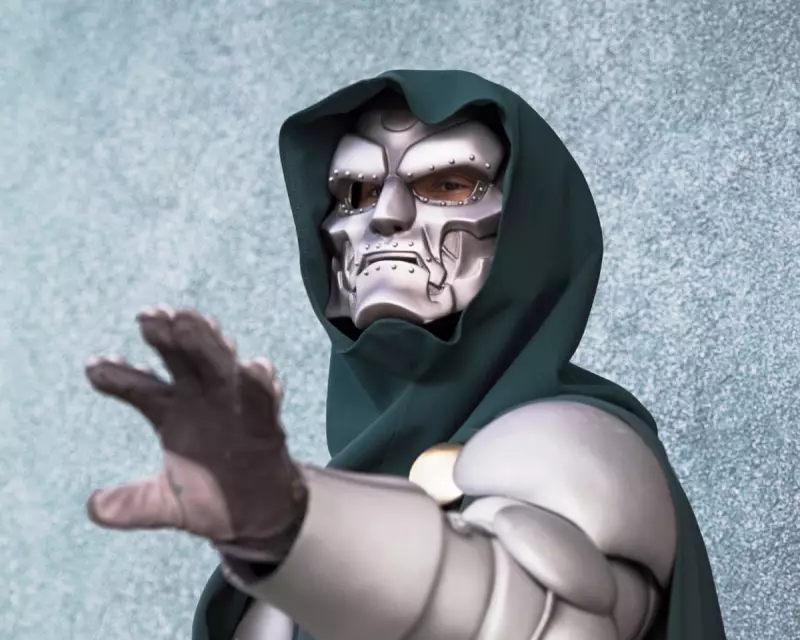
What transforms a fictional character from merely wicked to truly, unforgettably evil? The answer lies not in body counts or dramatic monologues, but in something far more unsettling - their ability to crawl inside our minds and make us question our own morality.
The Psychology of Evil
Great villains aren't born from simple cruelty; they emerge from complex psychological landscapes that mirror our deepest fears. The most effective antagonists often possess a twisted logic that makes their actions almost understandable, creating an uncomfortable resonance with readers.
The Usual Suspects: A Rogue's Gallery
When discussing literary evil, certain names inevitably surface:
- Hannibal Lecter - The sophisticated cannibal who combines intellect with unspeakable brutality
- Lord Voldemort - The embodiment of pure-blood supremacy and magical tyranny
- Iago - Shakespeare's master manipulator who destroys lives for sport
- Annie Wilkes - Stephen King's terrifying 'number one fan' who demonstrates how obsession curdles into madness
What Makes Evil Memorable?
The most chilling villains share common traits that elevate them above mere antagonists. They possess:
- Psychological complexity - Their motives extend beyond simple greed or power
- Unsettling familiarity - They reflect aspects of humanity we recognise in ourselves
- Intellectual challenge - They force protagonists (and readers) to confront difficult moral questions
- Staying power - They haunt readers long after the final page is turned
The Winner's Circle
While personal preference plays a role, certain villains consistently top psychological studies of literary evil. Hannibal Lecter's combination of cultured sophistication and primal brutality creates a unique cognitive dissonance that many experts find most disturbing. His ability to manipulate while maintaining an air of refinement makes him particularly insidious.
Meanwhile, Voldemort's embodiment of pure prejudice and his quest for immortality through horcruxes represents a different kind of evil - one rooted in fear of death and difference.
Ultimately, the 'most evil' villain may be the one who lingers longest in your thoughts, challenging your assumptions about morality and human nature long after you've closed the book.





